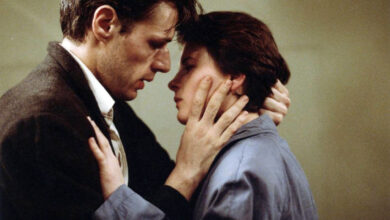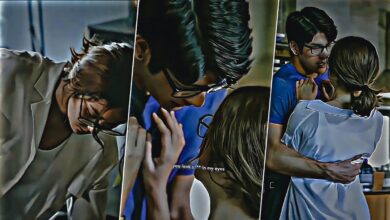THE LOVER (1992): THE GIRL, THE MAN, AND THE SECRET THEY COULDN’T SPEAK OUT LOUD
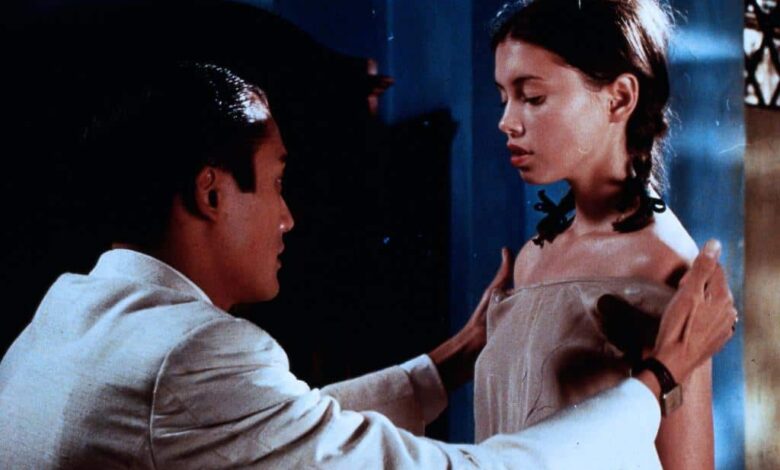
1. Saigon Heat: The First Glance That Burned
It wasn’t love. It wasn’t even romance. It was need. It was skin. It was a stolen look from across a ferry — a glance so quiet, yet so loud, it spoke of years they’d never live together.
Set in French-colonial Vietnam, The Lover (1992) seduces you without permission. Jane March, a 15-year-old schoolgirl in a threadbare silk dress and red lipstick too bold for her age, locks eyes with a mysterious, wealthy Chinese man, played with silent torment by Tony Leung Ka-fai. That glance? It’s the match. The rest of the film? The fire.
This isn’t a typical coming-of-age tale. It’s a collision — between youth and experience, between East and West, between survival and surrender. It’s about a girl who knows what she’s doing, and a man who knows he shouldn’t let her.
2. The Apartment of Sins: Where Silence Screams
The walls are thin. The bed creaks. The ceiling fan spins slowly, keeping rhythm with the quiet gasps of skin meeting skin. There are no violins playing in the background — only the hum of forbidden pleasure and the guilt that always follows.
Their apartment becomes a sanctuary and a prison. He’s not rough. He’s not tender either. He touches her like she’s already leaving. And maybe that’s what makes every kiss feel like a goodbye.
She strips — not just her clothes, but her innocence, her secrets, and her safety. Not for him. But because she wants to. Because it makes her feel powerful, even in her poverty.
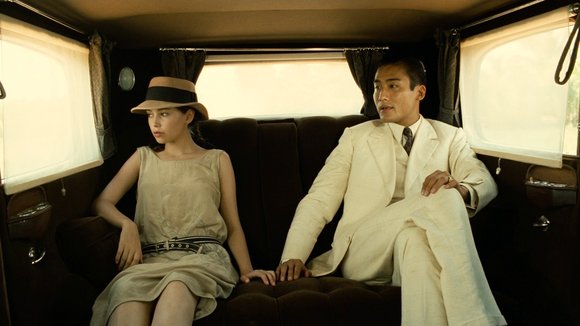
3. Her Family Doesn’t Know. But Maybe They Do.
Her mother is hard. Her brother is cruel. Her home is more suffocating than the man’s arms could ever be. That’s the real tragedy — that the most dangerous place isn’t the bed of a stranger, but her own kitchen table.
The Lover never shames her. It never paints her as a victim. She uses him. He uses her. But deep down, we know she’s the one in control. It’s not love. But it’s hers.
She lies about where she goes. But deep in her mother’s eyes, we sense something: suspicion? Jealousy? Resentment? Maybe even understanding.
What kind of woman did her mother used to be?
4. The Body as Currency
Everything about The Lover screams decadence — but not the rich kind. This is colonial decadence. The kind where a 17-year-old girl learns that her body has a value, and her eyes have weight. The camera doesn’t just linger on her naked skin — it inspects it. It dares you to look away, and then shames you for not doing so.
But is it exploitation, or is it just truth? She’s not the innocent child people want her to be. And he’s not the predator society labels him as. They are simply… lost. Together. And that’s what makes it even more disturbing.
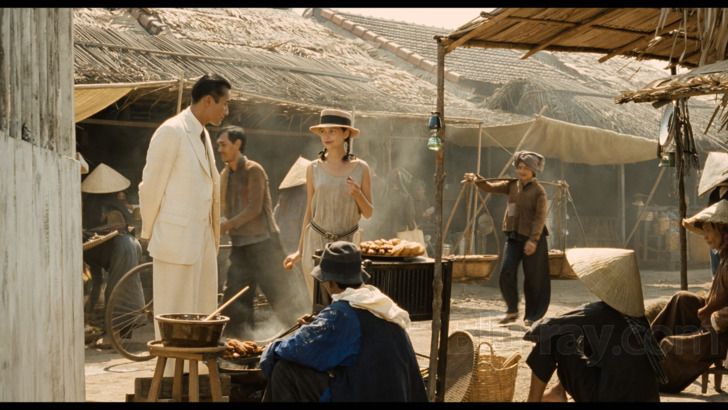
5. He Can’t Marry Her. She Knows That.
He cries. He sweats. He begs. But he won’t defy his father. She knows it before he says it. A Chinese man can’t marry a white girl — not in 1929, not in that world. Their love (or whatever it is) was never meant to survive beyond the white sheets and whispered moans. And yet… it lingers.
Years later, she writes about him. She says she never loved again like that. Maybe she never trusted herself to. Maybe that one summer burned away any future she could have had with anyone else.
6. The Film Doesn’t Care If You’re Comfortable
The Lover is not made for moralists. It’s made for voyeurs. It’s filmed with a gaze that’s both tender and ruthless. The camera is complicit. So are we.
Every scene is slow, simmering. It dares you to find romance, and when you do, it crushes it with the weight of reality. This isn’t a fantasy. It’s a transaction. But the currency isn’t money — it’s memory, it’s scars, it’s the heat that stays under your skin decades later.
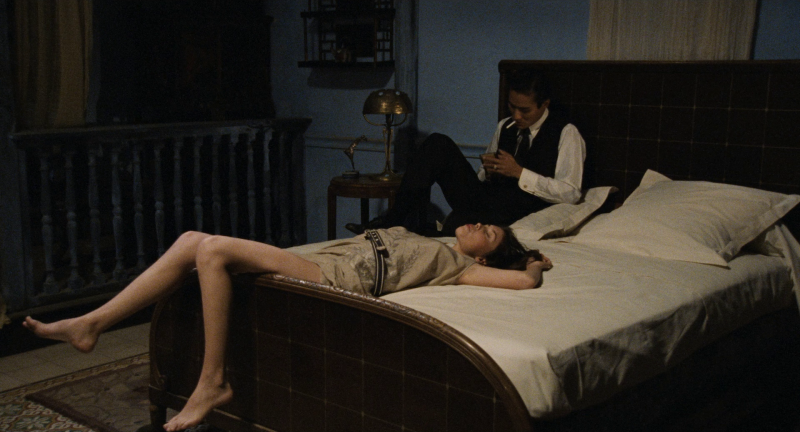
7. You Will Judge Her. And Then You’ll Hate Yourself For It.
The genius of the film is how it makes you want her to escape, but miss the danger when she finally does. You want to protect her — but from what? From him? From herself? From the world?
In the end, she walks away, but not untouched. He’s married off to someone “appropriate.” She returns to a life that doesn’t want her. And yet… something has shifted.
She never says it, but you know she carries that summer like a secret scar. A scar that burns quietly every time someone mentions Saigon, or jasmine, or silk.
8. Final Touch: This Is Not a Love Story. It’s a Confession.
The Lover doesn’t want you to fall in love. It wants you to squirm. To stare. To wonder if you, too, would have stepped into that black car.
Because in the end, we’re all voyeurs in the cinema of memory.
And The Lover — this dangerous, beautiful, and morally grey film — is the kind of confession that leaves its fingerprints on your soul.
It never asks for forgiveness. It only asks you to remember.

